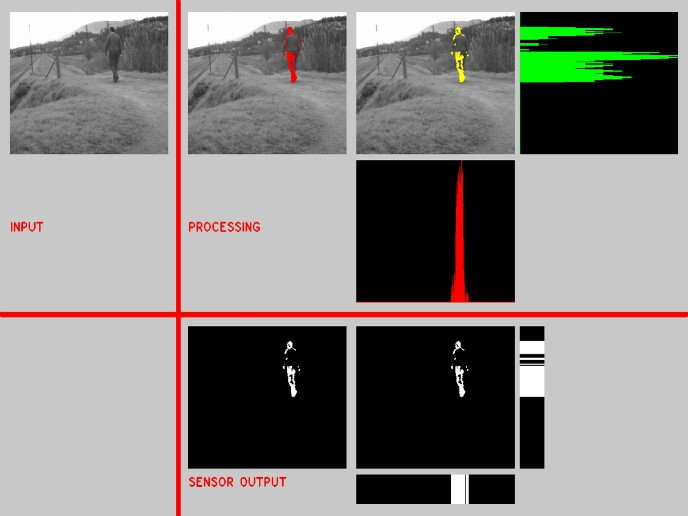Roadmap to regulate cross-border electronic evidence in Europe
The EU needs to develop better means of exchanging information and evidence among Member States in order to combat counterterrorism and crime in a timely manner. 'Mutual legal assistance procedures for gathering and exchanging information, and requesting and providing support in obtaining evidence between Member States, have not been adapted to the realities of today's increasingly global and complex crime,' says project coordinator Dr Maria Angela Biasiotti, a researcher at the Italian National Research Council's Institute of Legal Information Theories and Techniques. 'To tackle terrorism and organised crime, a fast, secure and trusted cross-border exchange of qualified information and electronic evidence is needed between public prosecutors and law enforcement agencies,' explains Dr Biasiotti. To address this issue, the EVIDENCE(opens in new window) (European informatics data exchange framework for courts and evidence) project worked to realise a coherent European framework for the regulation and standardisation of electronic evidence gathering and exchange. Project research led to several key findings. Although no comprehensive legal framework exists in the EU, electronic evidence is increasingly being used as main evidence in criminal procedures. LEAs are left to operate in a patchwork of legal, data protection, enforcement or technical solutions. Relevant stakeholders also feel a need to certify and professionalise actors and environments where electronic evidence is preserved, stored, analysed and exchanged. Making cross-border investigations faster and more efficient To provide solutions for its core findings, EVIDENCE developed a roadmap that includes guidelines, best practices, recommendations, technical standards and a research agenda. It serves as a resource for policymakers, legislators, law enforcement agencies, digital forensic experts and other stakeholders in laying the groundwork for a common European electronic evidence framework. The roadmap identifies a number of challenges concerning the collection, preservation, use and exchange of electronic evidence from different perspectives, and provides 10 strategic goals for addressing them. Objectives included conducting further research and enhancing law enforcement, legislation, policies, trust, technical standards and digital forensics. Several short-, medium- and long-term actions were laid down to achieve these objectives. Other concrete EVIDENCE outcomes include an electronic evidence categorisation tool, an electronic evidence map of actors and a digital forensics tools catalogue. Researchers also developed proposals for a standard language and approach to electronic evidence exchange and tools to foster its use. Bringing together key actors in digital forensics According to Dr Biasiotti, EVIDENCE is already making an impact on its end users, thus helping to create the necessary critical mass of stakeholders involved in the electronic evidence process at European and global levels. 'We have been able to generate awareness, stimulate debate, initiate dialogue and ultimately set up an informed and well-balanced network and community from different disciplines and domains.' The wide-ranging network reads like a who's who of global electronic evidence treatment and exchange. It includes leading EU and international agencies and organisations such as Europol and Interpol as well as the European body for the enhancement of judicial cooperation (Eurojust). It also comprises influential communities, several digital forensics software companies, European public prosecutors, judges and law enforcement agencies as well as related EU-funded projects. EVIDENCE has teamed up with the e-Codex project to pilot the secure and trusted exchange of electronic evidence in the EU, in line with the directive on the European Investigation Order and the mutual legal assistance model. 'We really hope to have the opportunity to follow up with what we have achieved so far, and contribute to the realisation of a common European framework,' concludes Dr Biasiotti.







